If you have ever thought about practicing a martial art, the best time to start is yesterday. This means that you should not delay.
If you have never studied an art before, the value of beginning instruction is similar across the arts. You may want to take lessons from several schools in your area to find the community or the art that you believe will provide the opportunity for long-term study.
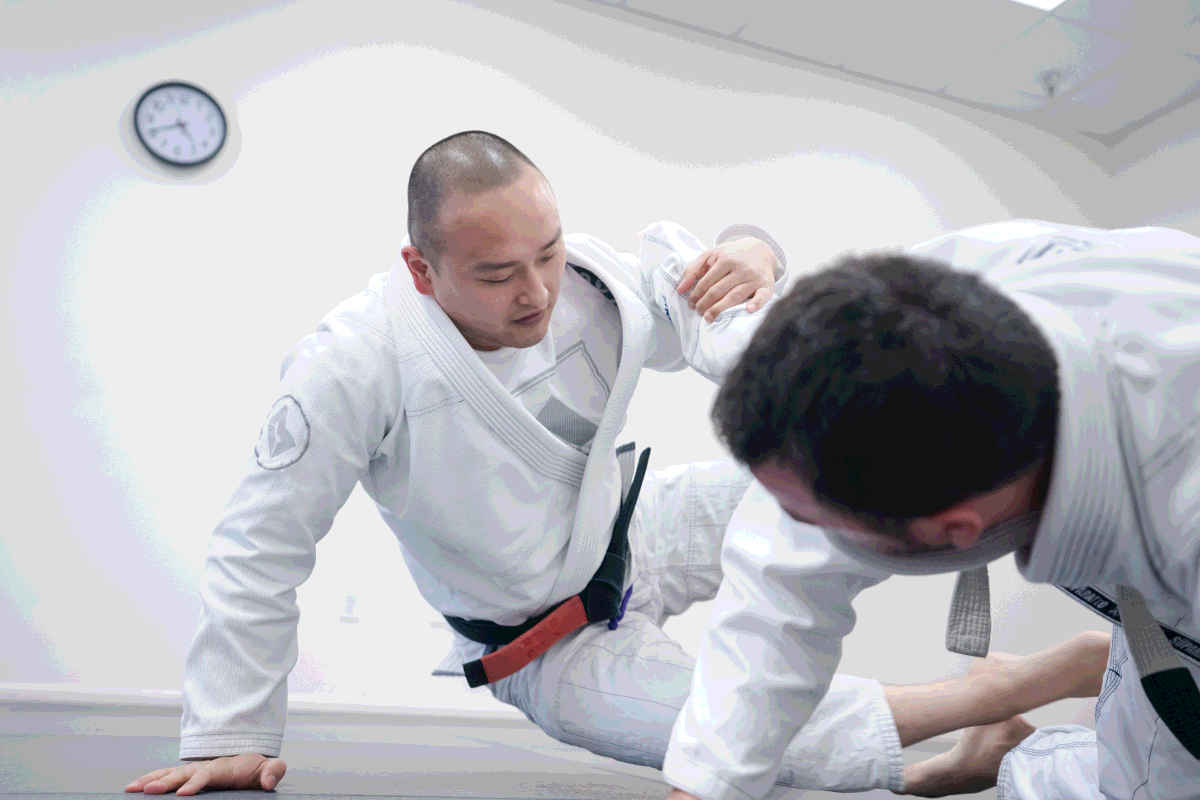
You will realize benefits from the first day for having started your journey, but you should know the path has no end. You will always be studying and practicing. You should start with a school, instructors, and fellow students with who you can develop a camaraderie to travel the path together.
If you are looking for an established and reputable traditional martial arts school, the first thing you should do is look in your neighborhood. The are many “official” martial arts and there are probably masters licensed to teach these arts from schools near you.
The most popular martial arts are Karate (from Japan) and Taekwondo (from Korea, without distinction to North or South). Of course there are many more.
If you are lucky to have many arts represented within your commuting zone, you will have the difficult choice of which to study. You should try them all. All martial arts are similar, but they all have unique features and attributes owing to the cultures that created them and gifted their study to us.
In the beginning you may not need to be overly concerned with “certified” instruction but you will want to find a competent instructor. In some ways martial arts are like sports. Like sport, they involve physical activities that can be dangerous if they are not performed in a controlled environment.
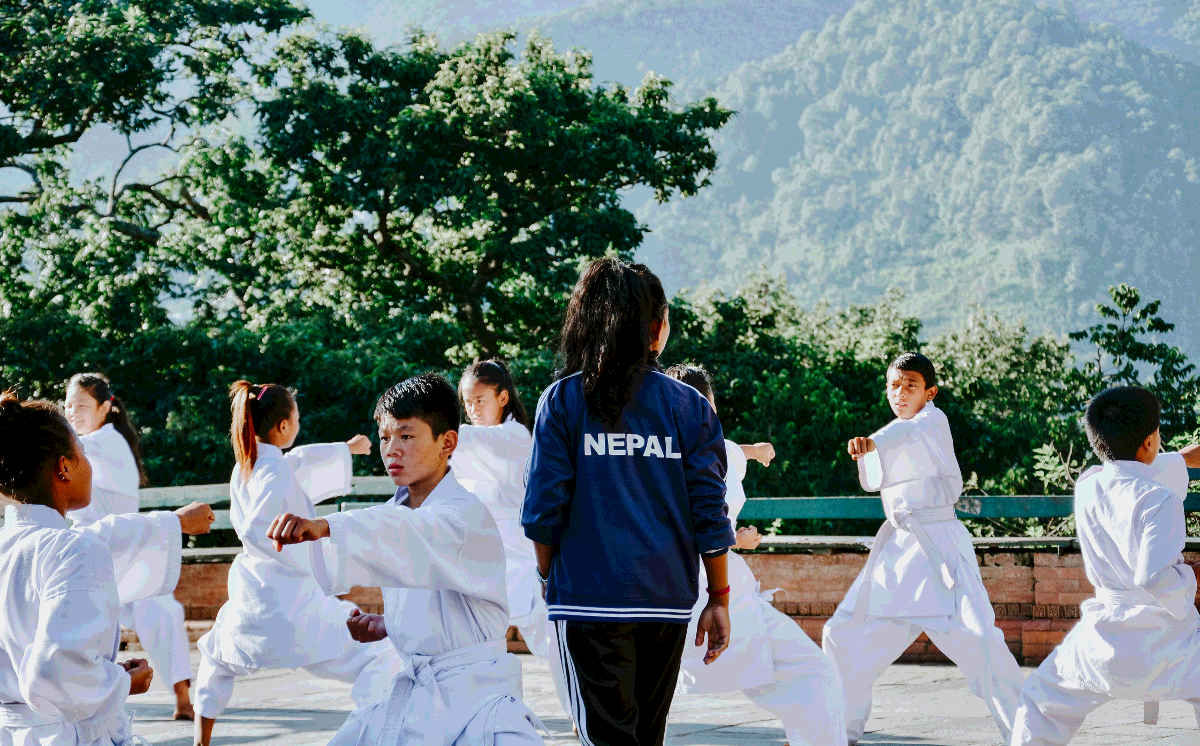
At a minimum you will want to train in a clean school with safe equipment (look at the floors) and a current insurance policy. An independent instructor can provide this, and it may be that in your area there are no “official” instructors.
As you progress, you may want the benefits that can be provided by an art and style with a regulating organization. For example, in Taekwondo, one of the world martial arts, there are several including:
Each organization is a little different and it is up to you to decide in which you want to participate. Of course the decision may be made for you if there is only one represented in your area.
In the past, instruction in martial arts might have been limited to certain genders or to certain places. Nowadays, you may want a healthy community with a good representation of men, women, and children that shows it can support the school where you will train.
Your school is a place of instruction but it is also a business. It may be the sole source of income for your instructor. In any business, there is always something to do that is not related to the core business, for example taking calls or receiving deliveries. You should offer to help with these small things if you can.
You will not be able to do everything yourself, and no one should expect you to. If there is a strong community, the more resources to help you school, and the more likely you will be to receive the full ability of your instructor’s teaching. It’s just reality that if your instructor spent all the previous night fixing a plumbing issue (he’s a martial arts master, not a plumber), he may not be 100 percent during the following day’s classes.
So how do you find a good community? Stop by and watch a class. Nothing is more important when you are looking for martial arts instruction that watching a live class. You may want to call ahead to ask if they allow observers. They probably do. Having a well-run school with attentive students training their minds and bodies is something to show others.
If you somehow found a ninja academy they will simply tell you “no visitors.”
One consideration is the dreaded contract. If you ever belonged to a gym you know that this can be a sore point to any effort to improve yourself. The best part is that some schools don’t require contracts or long-term commitments. Some schools also have introductory offers to experience the instruction to see if it will meet your needs.
Once you select a school to try, there will be no short cuts as they say, just lots of hard physical work, sweat, and the strengthening of your discipline as you push yourself beyond artificial boundaries that you have placed in your way.
In your practice, the greatest opponent you will ever face is the one you will fight every day, yourself. You are your only limit to your own success.
What are you waiting for? Contact a school and watch a class. Join the thriving community of martial artists around the world.
Perhaps you are hesitating. Why should you train in a martial art? There are many reasons to study but these are the most important for the average student:
To develop an appreciation for traditional martial arts
Many martial arts, even so-called modern arts, are distilled from traditional practices from around the world. In many cases, martial arts instruction includes the study of foreign language and history.
As the barriers to travel decrease, we live in an increasingly connected world. Knowing how and why a martial art was influenced by its host culture provides another perspective on our world that may prove valuable in building new friendships and succeeding professionally.
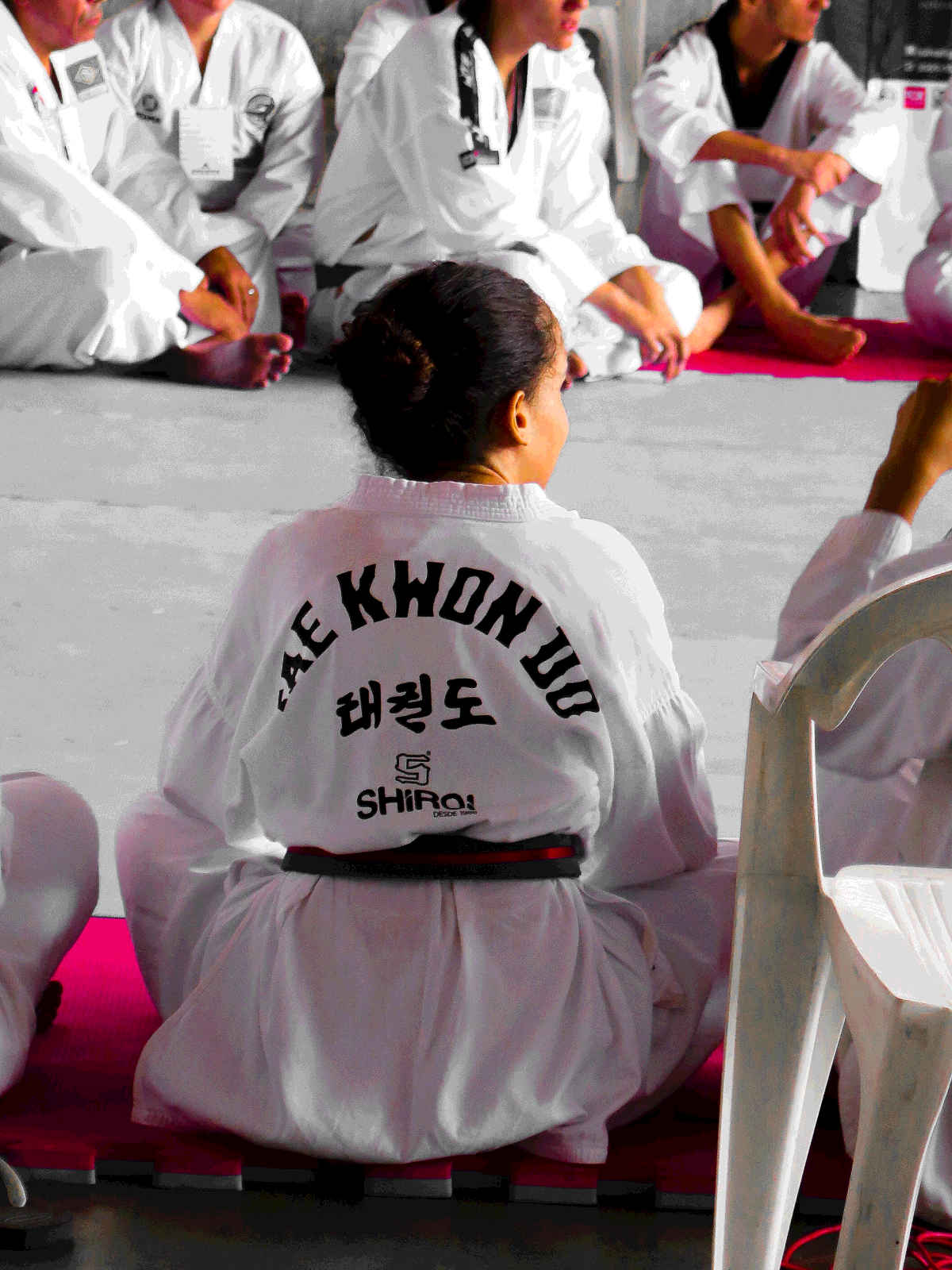
To achieve physical fitness through positive participation in martial arts instruction
Just as the world is more connected and faster paced, we ourselves are slowing down, spending more time as desks in front of computers surfing the web. It can be challenging to stay in shape. And some of us may need to get in shape for the first time in our lives.
There is no need to compete in tournaments. Going to classes and applying oneself to follow the exercises, forms, and instruction will lead to a healthy body.
To improve mental discipline and emotional stability
There may be an image of martial arts as a high-contact, highly-competitive, and physically demanding pursuit. It can be certainly. But it can also be a method to test the limits of your potential in a calm and peaceful environment in which you compete only against yourself to master your own body.
Once you have the discipline to control yourself you will have the emotional stability to no longer try to control others. This will manifest in a boon that opens doors which hitherto you may not have realized were to closed to you or even existed.
This is a frantic time. Many people have their thoughts scattered all over the place. Your progress in your instruction will see you collect and organize your own thoughts so that you can make your choices from a well grounded firm foundation.
You will be able to trust you instincts and your decisions without any self-doubt or second guessing.
To develop a sense of respect for one self and others
There will always be the temptation to self-destruction. Whatever we do in life, we often know there is something better that we should be doing. We also know when we are doing something that we should not be doing at all.
A martial art trains your mind to listen to this guiding voice as a trusted advisor and not a nagging critic. You will learn to listen when it speaks.
Sustained practice of martial arts resets your life and reintroduces you to the world. The first person you will meet is yourself. After long hours of physical training and as many hours of self-reflection, you will find the true value of your own self worth that you may not have appreciated.
You will change your ways to protect that value, to protect yourself and the investment that you are making in your development. As you cultivate your abilities, so to will you be cultivating your esteem.
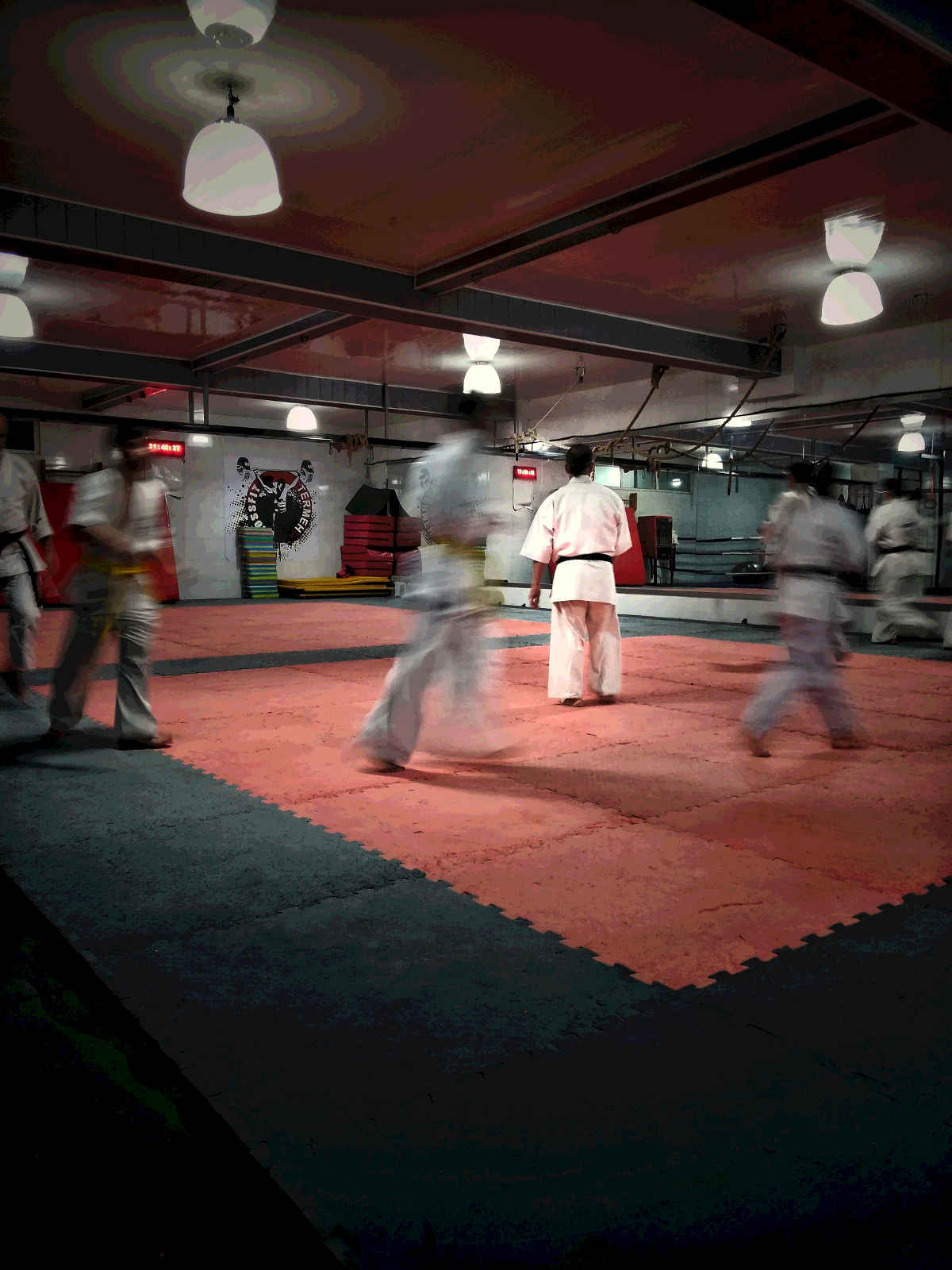
Once you fully respect yourself you can finally respect the worthy people around you. These are the people you can count on during the struggles in your life, and they are the people you should help when they are in need.
You will just know who these valuable allies are.
To learn effective self-defense skills
Your instructor will be able to teach you how to use your body to defend yourself if you find yourself in danger. It may be surprising but depending on the art and style you study, you might learn more ways to dodge or absorb a strike from your opponent than to strike your opponent.
The most valuable self-defense skill you will learn is knowing when to walk away.
Physical conflict is dangerous. The classroom (the gym), competitions, and tournaments are controlled environments. You may still sustain injuries in these places, even where there are many safeguards to protect you.
There are no safeguards outside of the martial arts community. There is no such thing as a fair fight. You should always try to avoid confrontation.
You may not know anything about your opponent, and you should have no expectation that your opponent will follow any rules while attacking you. You may be facing more than one opponent, and they may have weapons including knives and firearms.
When the confrontation escalates to physical contact, each jurisdiction has its own laws and it is your responsibility to know them. The steps you take before the fighting starts may be as important as what you do during the fight itself.
Allowing an unobstructed path for a would-be aggressor to leave the area instead of fighting you may be all that you need to prevent a fight. If you can, talk down a conflict and let the “bad guys” leave. If they will not leave, try to leave yourself. If you are protecting someone, of course take them with you.
Nowadays there is no honor in defending your name or reputation at the cost of grievous bodily injury or even death. Just walk away.
Bullying has always been a problem. If you know how to defend yourself, you can walk away not in fear but in confidence. You could have responded to the taunts but you have gained the level of self-discipline possible through committed practice and can choose to walk away.
If a crime has been committed, notify law enforcement as soon as possible. If a crime is in progress, in many jurisdictions you have the right to defend yourself (or someone else) from being attacked, but you may not have the right to attack someone first, even as a preemptive attack to disrupt your opponent’s impending attack.
In other words, you may have the right to self-defense, but you probably do not have the right to land the first blow. Your best course of action then may be to call 911. Use the valuable moments before the fight starts to notify the authorities that you need help.
However, self-defense skills are valuable when you have no other recourse. If your opponent will not leave, if you cannot escape, and if you are attacked, you may have to respond proportionally.
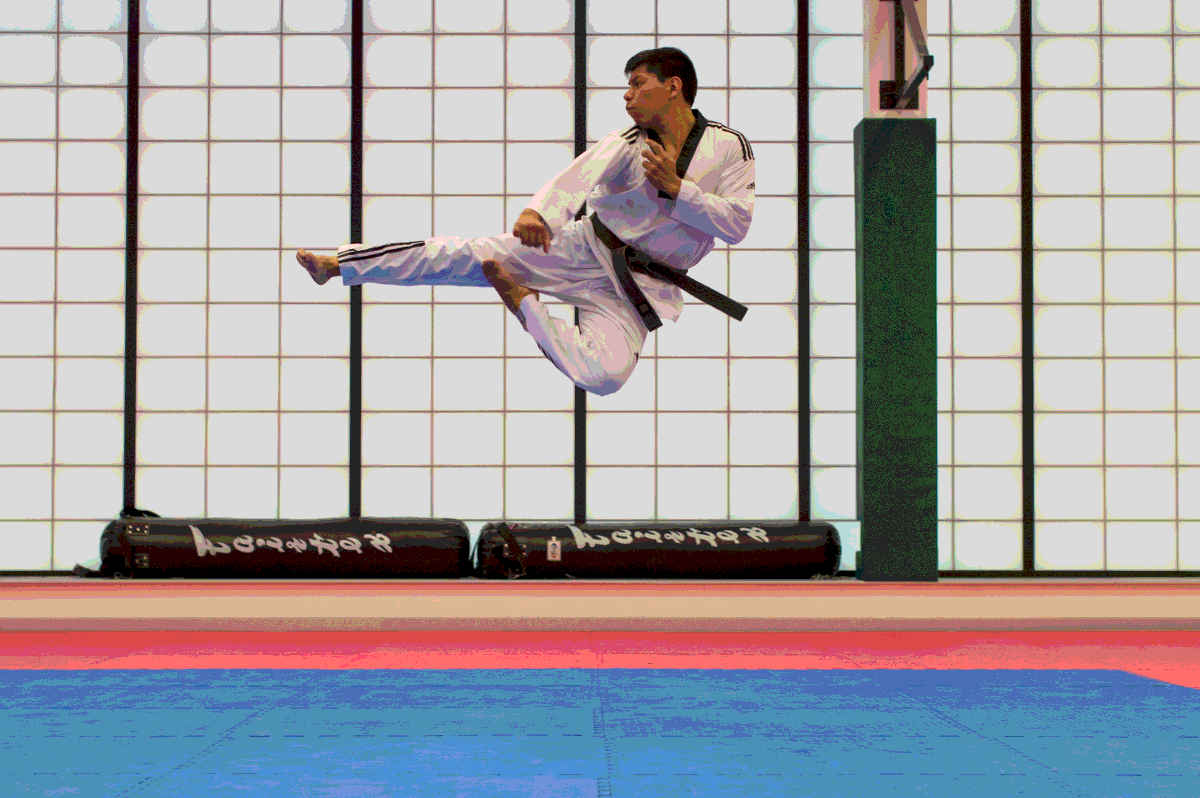
Instead of trying to win the fight, try to parry, block, and land a blow as necessary so that you can escape. Your goal is not to defeat the enemy, it is to survive. As soon as you are free, call the police.
Just know that your actions will be evaluated and may be second-guessed long after the altercation.
If you are a trained martial artist, you may be held to a higher standard because of your training.
If you tried everything you could to prevent the fight, including allowing your opponent to leave, and trying to leave yourself, you will be better able to argue that you had not other option than to use your martial arts training in self-defense.
If these are interesting reasons to study a martial art, take the next step. Find a school in your area, watch a class, and begin your journey to becoming the master of your own mind and body.
Martial artists around the world are all on the same journey and can help you on yours.
